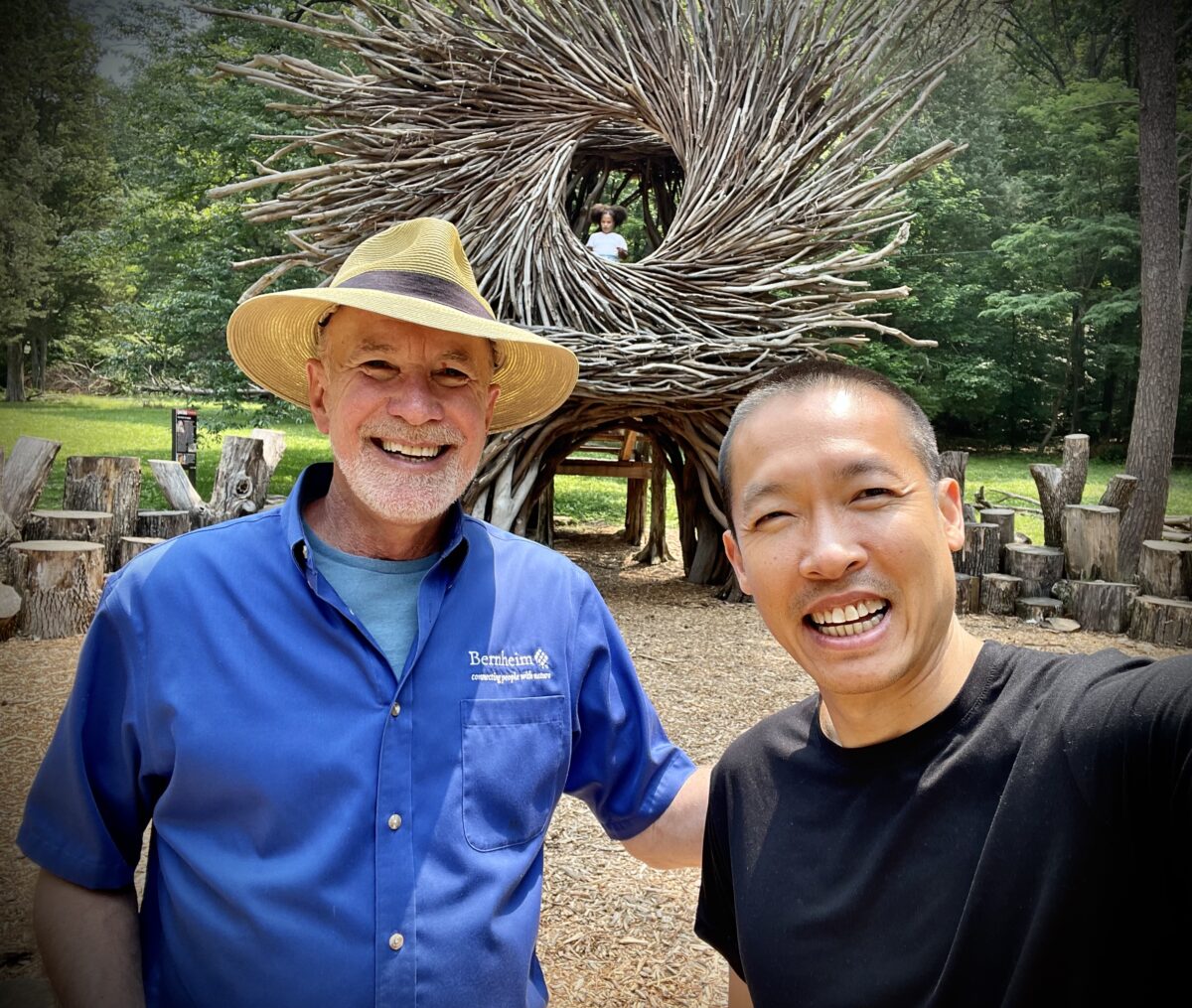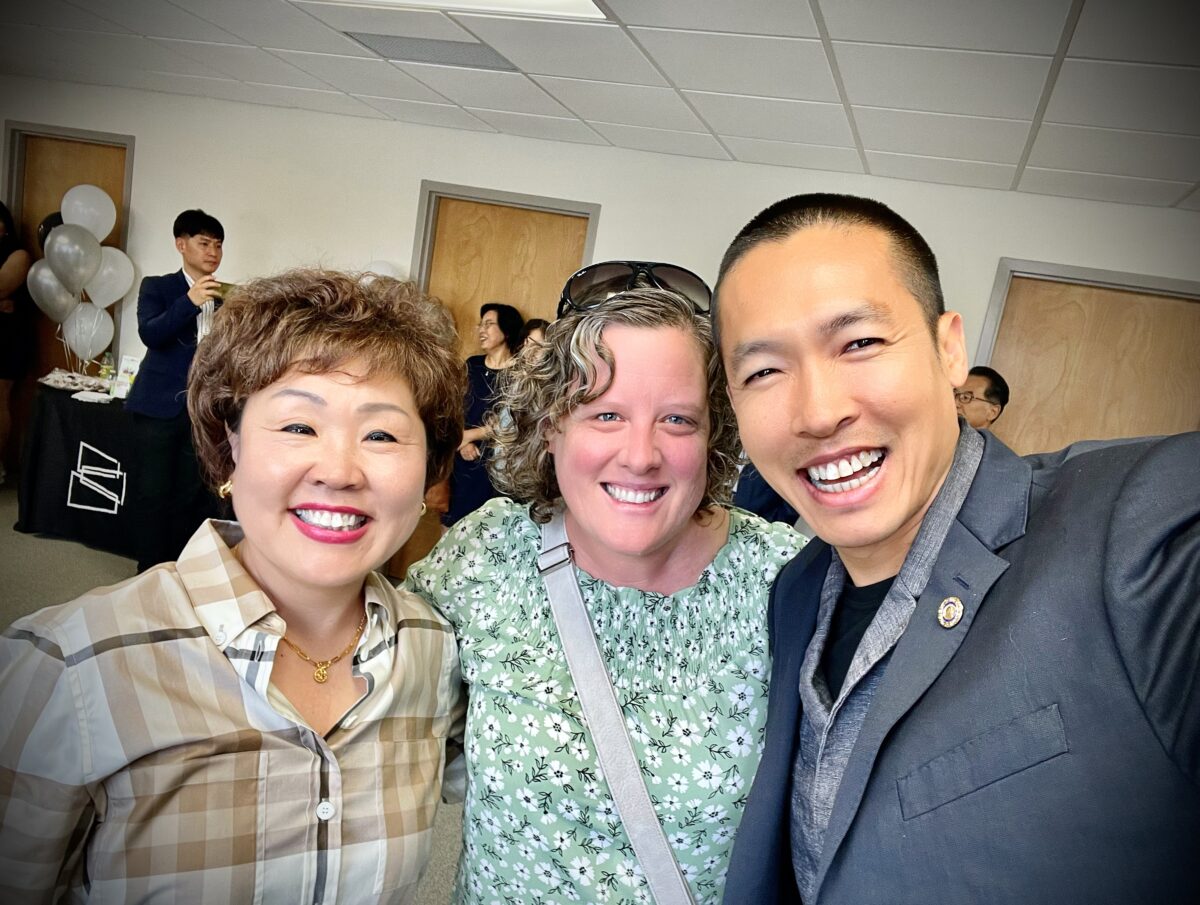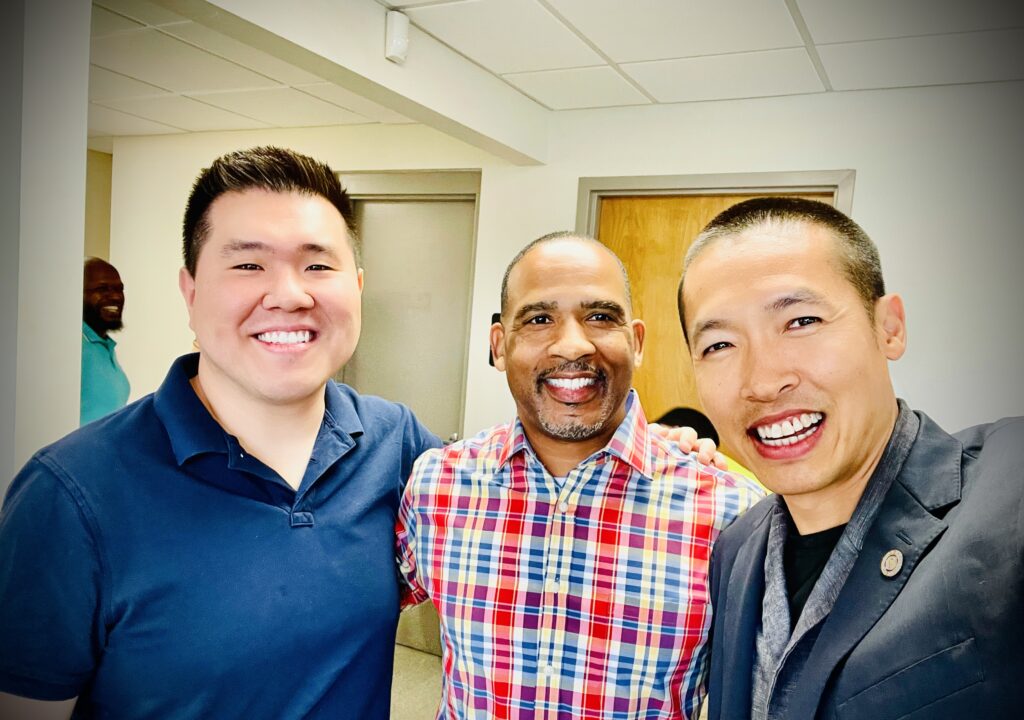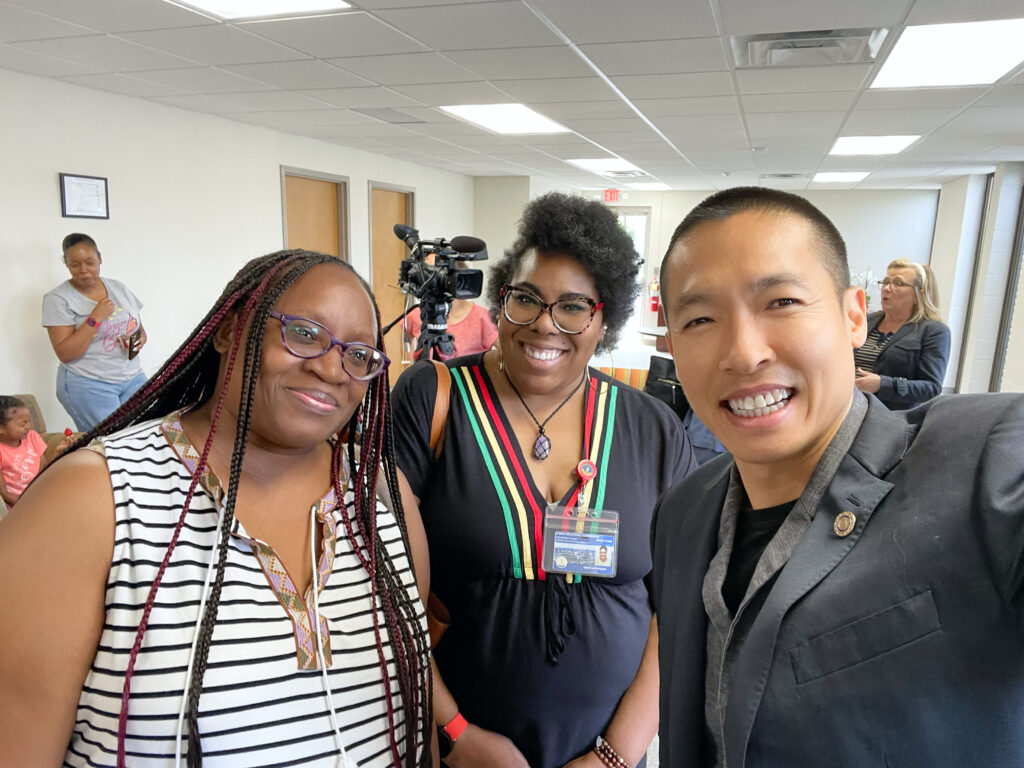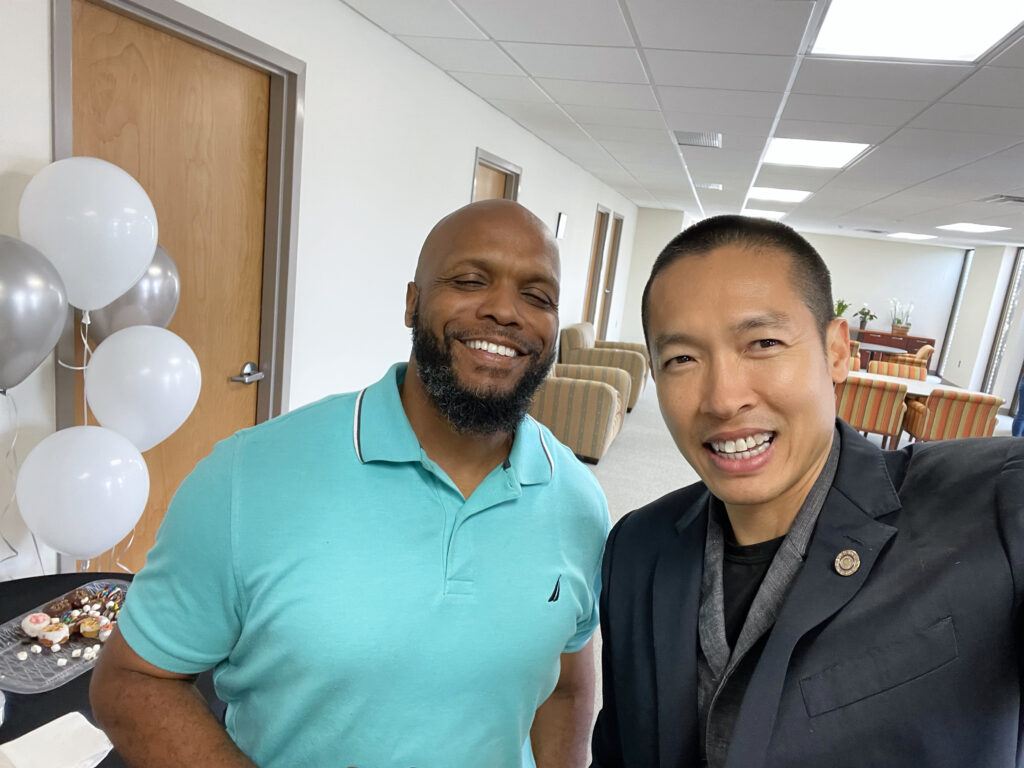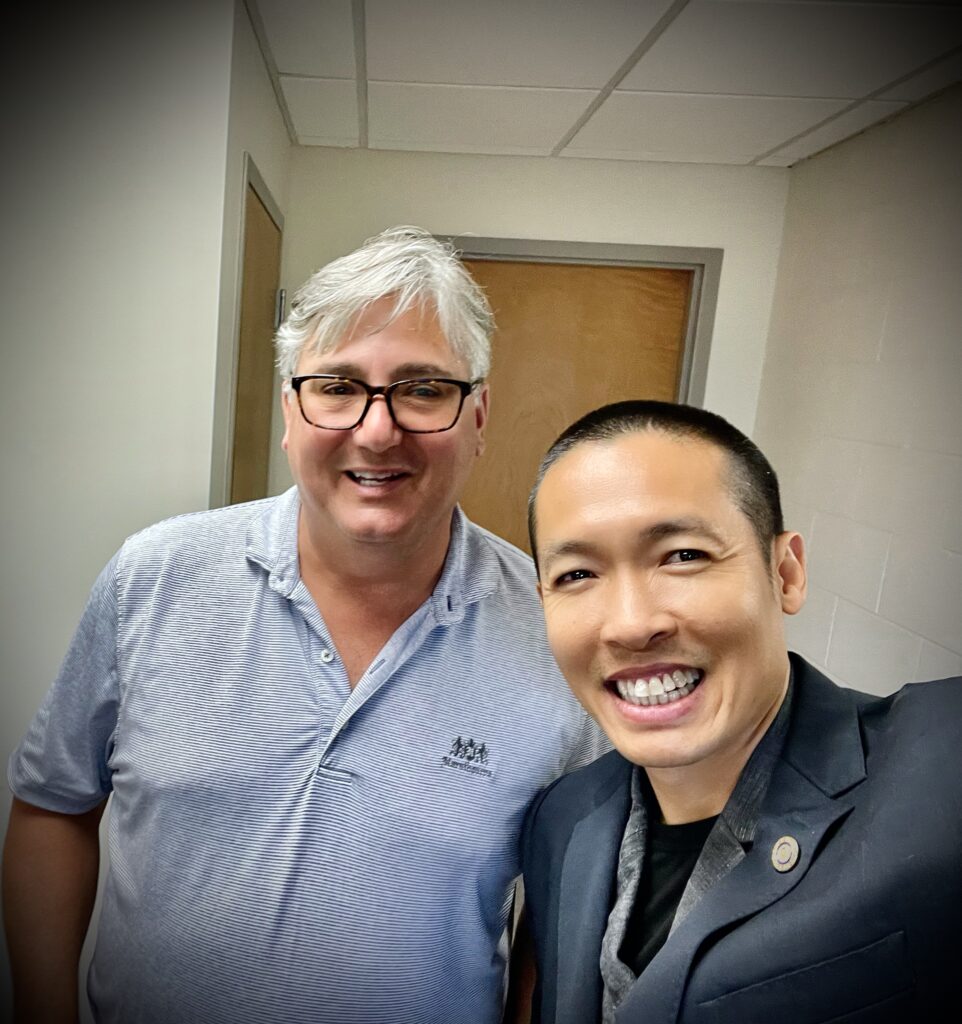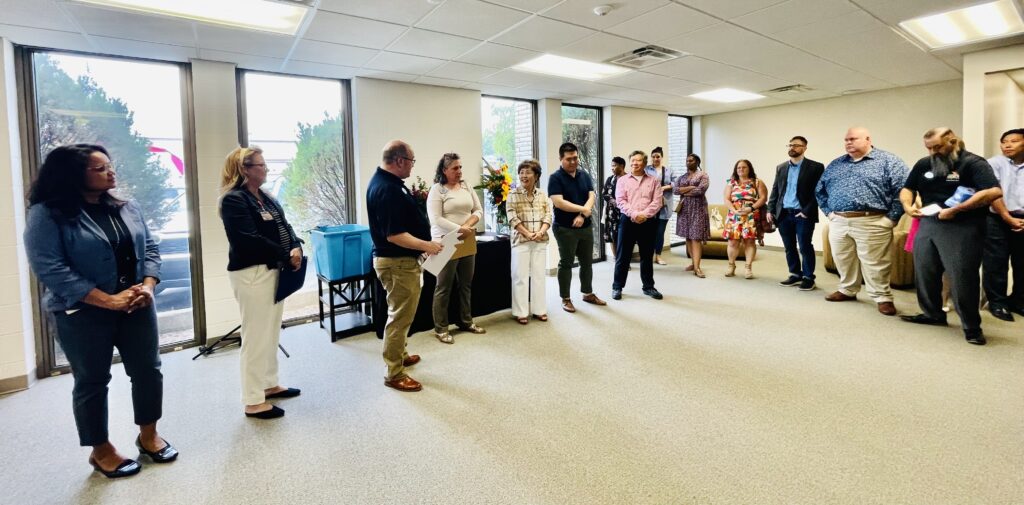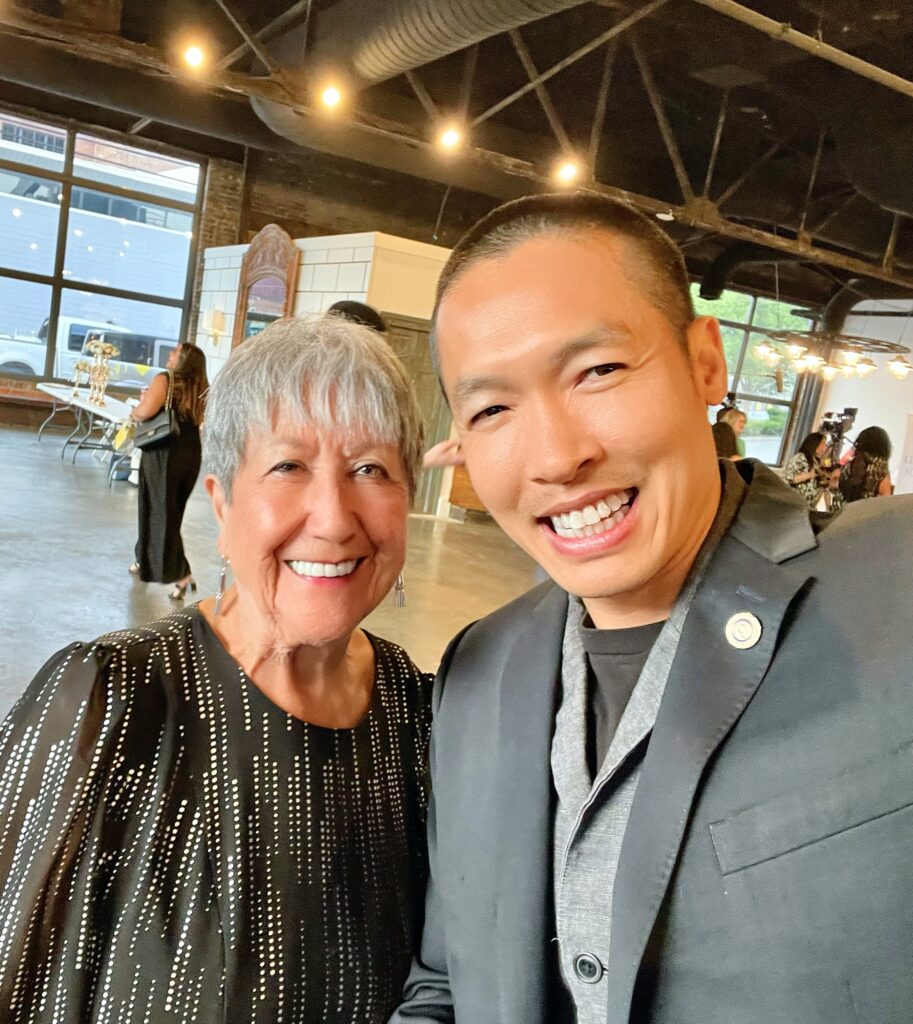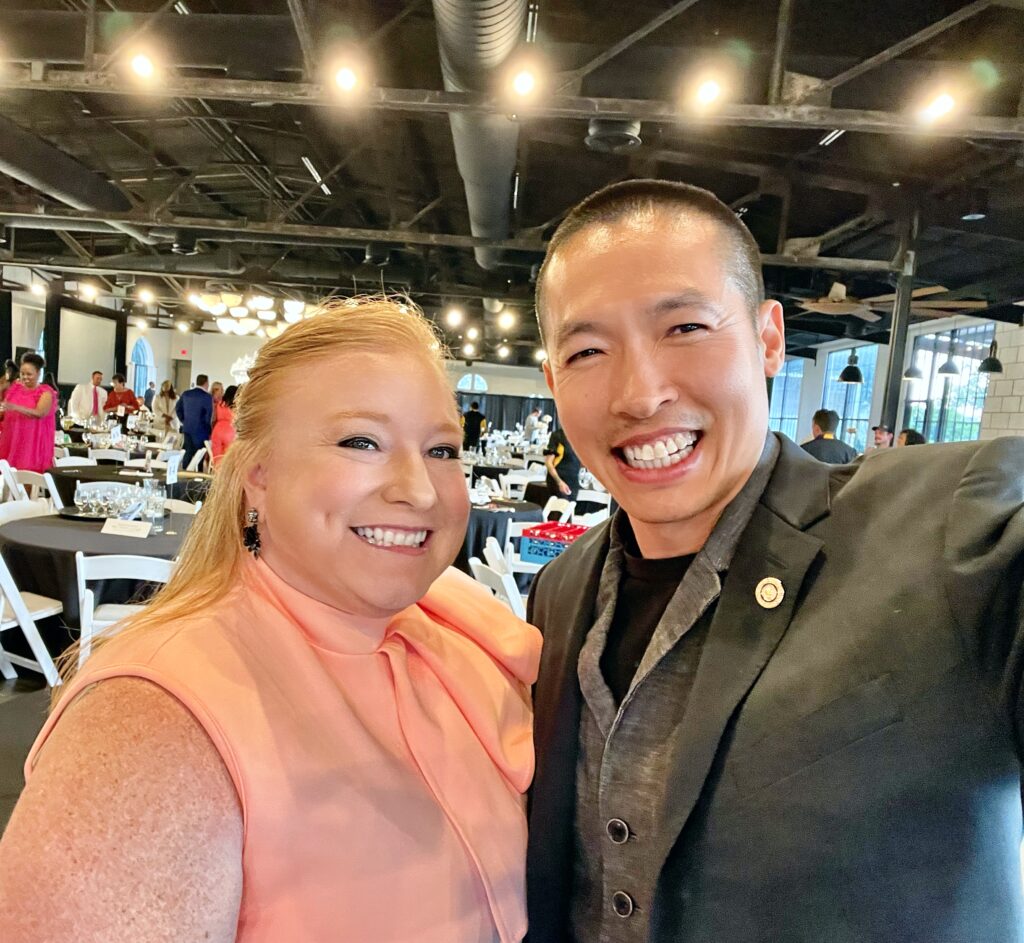In a world where information is aplenty and cognitive skills are prized, understanding the mechanisms through which our brain operates becomes paramount. Jim Kwik, a renowned brain coach, succinctly captures this in his saying, “All behavior is belief driven” (Kwik, 2018). This article explores how our beliefs drive our behaviors, and how engaging in certain practices, such as creativity, focus, and memory enhancement, can be transformative.

The Foundation: All Behavior is Belief Driven
The idea that our beliefs shape our behaviors is not new. Psychologist Albert Bandura’s Social Cognitive Theory also posits that personal beliefs are critical in determining one’s actions (Bandura, 1986). A cornerstone of this theory is self-efficacy, the belief in one’s ability to achieve goals. This idea resonates with Jim Kwik’s message. It’s about understanding that your mental and cognitive functions are not static properties but are shaped by what you believe.
Creativity: A Dynamic Process
Contrary to popular belief, creativity is not a trait that one either possesses or lacks. Rather, it’s an active process that can be nurtured and developed. In “Imagine: How Creativity Works”, Jonah Lehrer explores the science of creativity and shows that it’s something anyone can cultivate through certain practices (Lehrer, 2012). Engaging in various experiences, being open to novel ideas, and actively seeking connections are just some of the ways to foster creativity.
Focus: The Fruit of Effort
Similarly, focus is not a fixed resource but can be cultivated. In “Deep Work”, Cal Newport argues that the ability to concentrate is a skill that can be developed through dedicated practice (Newport, 2016). By creating environments conducive to focus and actively scheduling uninterrupted periods for concentration, we can train our minds to be more focused.
Memory: Trained vs. Untrained
Jim Kwik insists that there is no good or bad memory, only trained and untrained memory (Kwik, 2018). In “Moonwalking with Einstein”, Joshua Foer documents his journey from being a journalist with an average memory to becoming the U.S. Memory Champion (Foer, 2011). Through techniques like the Method of Loci, Foer shows that memory can be vastly improved through training.
Learning Through Creation
Kwik also posits that the mind learns not by passively absorbing information but by creating or co-creating it. This echoes the work of David Perkins, who in “Making Learning Whole”, emphasizes that understanding is deepened through actively engaging with the material (Perkins, 2009). Paraphrasing, translating, recalling, retelling, teaching, and sharing are all part of this active engagement.
Action Steps: Cultivating Positivity and Belief
So, how does one start “more doing”? It begins with cultivating a positive mindset and having faith, not just in oneself but also in a higher power if that aligns with one’s beliefs. This creates a foundation for strong and consistent beliefs, allowing goodness to manifest. Carol Dweck’s work on growth mindset provides tools for cultivating this positivity, where she emphasizes the belief in one’s ability to grow and improve through effort (Dweck, 2006).
Conclusion
Jim Kwik’s assertion that all behavior is belief-driven is supported by a wealth of research and literature. By understanding that creativity, focus, and memory are not fixed traits but skills that can be cultivated, and by engaging with information in an active manner, we can harness the power of our beliefs to shape our actions. Cultivating positivity and faith are crucial steps in this journey of personal growth and self-im


